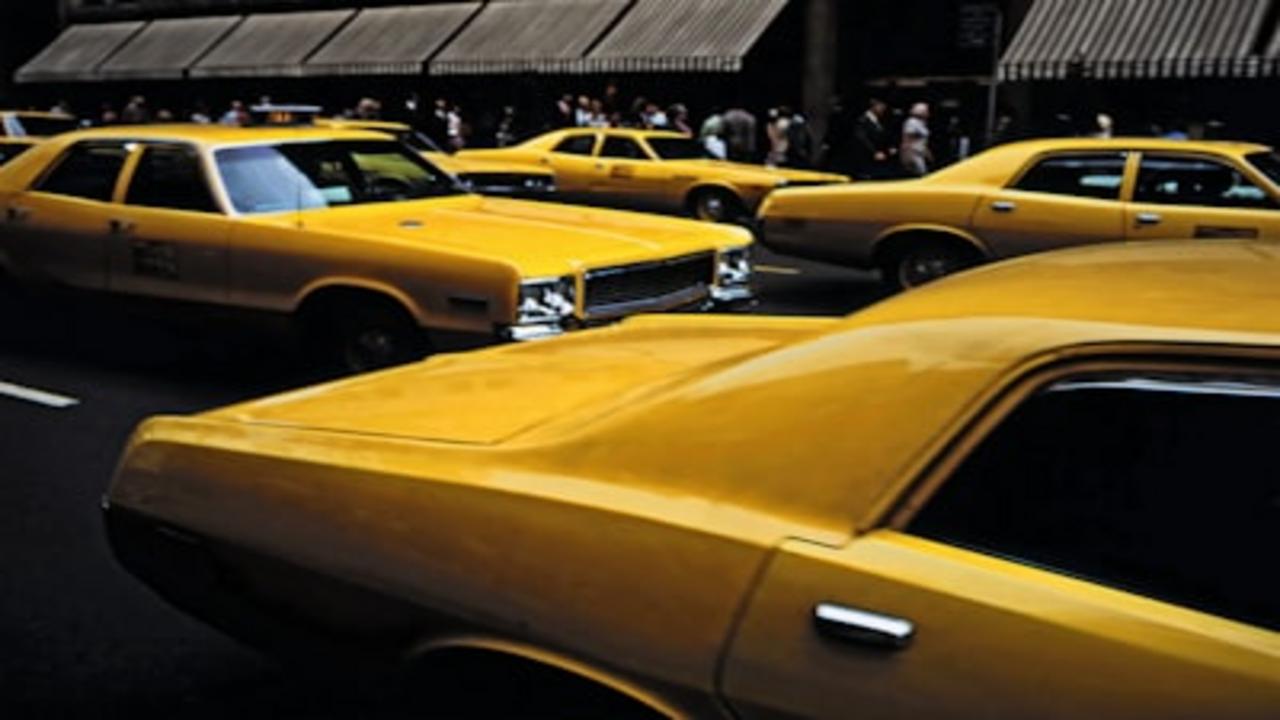
Cameroon: Regulation of motorcycle taxis at the heart of tensions in Douala
Cameroon's Minister of Transport, Jean Ernest Ngalle Bibehe, recently dotted the i's and crosses regarding the regulation of motorcycle taxis in the Littoral region. Tensions are rising, and users' anger is growing, as authorities try to juggle road safety requirements and the mobility needs of the population.
The Motorcycle Taxi Puzzle
Motorcycle taxis, or "zemidjans", have become the kings of traffic in Douala, the economic capital of Cameroon. With the monstrous traffic jams and the lack of efficient public transport, these two-wheelers seem to be the miracle solution for millions of Cameroonians. However, the phenomenon has become so uncontrollable that the government has deemed it necessary to remind people of some rules of good conduct on the country's roads. Unfortunately, between the need to regulate and the desire to crush what seems to be a platform of survival for many, the balance is hard to find.
Users speak out
Users no longer hide their despair in the face of measures deemed too restrictive. "We don't have time to wait for the bus that comes once every hour. The motorcycle is our life!" protests a young resident met on the corner of a busy street in Douala. This feeling reflects a reality: most Cameroonians do not have the luxury of waiting for tangible reforms that, visibly, take time to implement. In addition, it is important to remember that these motorcycles also represent a source of income for many families who struggle to make ends meet.
A disastrous legal ambiguity
The minister's recent statements raise legitimate questions about the legal uncertainty surrounding this sector. On the one hand, there is a call for stricter measures to ensure road safety, but on the other hand, it is often forgotten that the road infrastructure itself leaves something to be desired. The coexistence of motor vehicles, motorcycles and pedestrians in densely populated urban areas is a real challenge. The authorities seem to have amnesia when it comes to making adequate investments to improve traffic conditions.
In this context, the regulation of motorcycle taxis should be accompanied by a more global reflection on the state of the roads and alternative means of transport. Everyone agrees that safety is paramount, but it cannot be done to the detriment of the population's livelihoods.
It is high time for the authorities to find common ground and build a transport policy that takes into account the realities on the ground. The ball is in their court!



Leave a comment
This site is protected by hCaptcha and the hCaptcha Privacy Policy and Terms of Service apply.